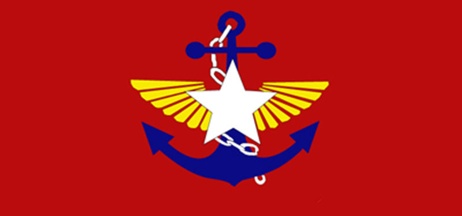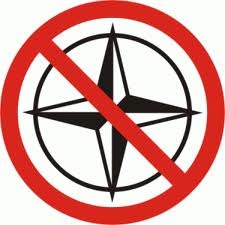The governments of China, Iran, North Korea, Pakistan, and Vietnam share a very dangerous characteristic: censorship. The first three countries have banned access to Facebook, Twitter and YouTube, while Pakistan and Vietnam have banned YouTube and Facebook respectively. Though these policies appear to be a fight against social media on the surface, it is more accurately a war against free thought.
September 2012 marked the end of YouTube in Pakistan. After the site uploaded the anti-Islamic film, “Innocence of Muslims,” the Pakistani government demanded the removal of the film from YouTube because of its offensive nature. When YouTube declined to do so, the Pakistan Telecommunication Authority (PTA) ordered access to the site blocked.
While the National Assembly unanimously agreed (by adopting a non-binding resolution) to lift the ban in 2014, it remains in place to date. The question remains: what is so threatening about YouTube, or more specifically, about the film “Innocence of Muslims,” that warrants an entire ban?
Aside from the claim that the content was offensive and “blasphemous,” reports emerged that the film sparked violent protests. The official position is that the Pakistani government, in an effort to end the violence, requested the ban. However, if this was the actual rationale, why is the ban in place despite the fact that YouTube removed the film in February 2014 due to a court order? Why haven’t political parties given more attention to the issue of state censorship?
That YouTube remains banned despite all of the above suggests that the issue is far more politically rooted than it seems. Religious fanaticism in Pakistan has become mainstream, to the point that the slightest whisper of an unconventional view is unacceptable. The state is intolerant of any unorthodox, i.e. divergence from “traditional Islamic,” thinking. The ban is still in place because it has appeased the country’s religious parties and groups, who have come to exercise greater influence and more control over the political atmosphere.
All five countries mentioned have reacted to intellectual dissent by implementing bans designed to limit their populations. Taking such action however is counterproductive, should these countries wish to prosper and compete in a globalized world. Banning forms of freethinking that oppose a state view, whether a YouTube video, an article in a newspaper, or an entire television news network limits intellectual development and subsequently economic and social progress as well. This is a prime illustration of what is holding the modern Islamic world back from its full potential. Leaders of modern Islamic states must begin to take into consideration the harmful reputation that actions limiting free speech and open deliberation leave upon the international community.





